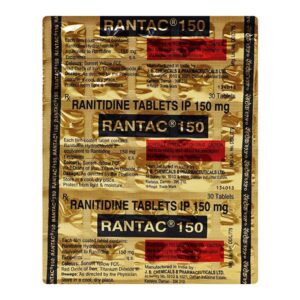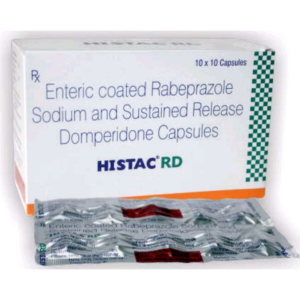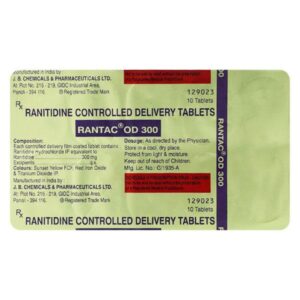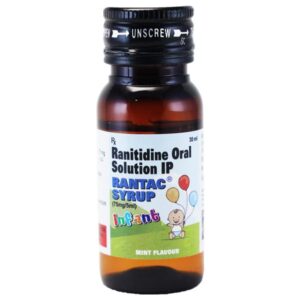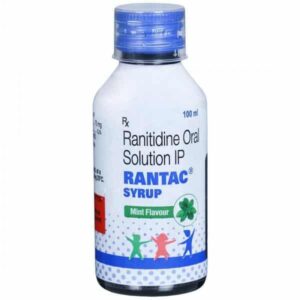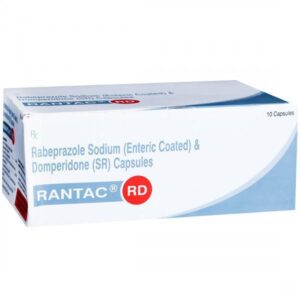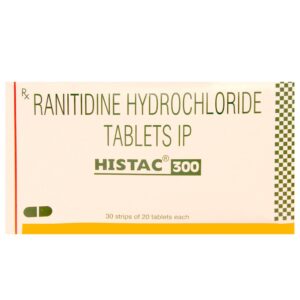RANITIDINE
RANITIDINE: Ranitidine is a medication that belongs to the class of drugs known as H2 blockers. It is commonly used to reduce stomach acid production, thereby treating conditions like gastroesophageal reflux disease (GERD), gastric ulcers, and Zollinger-Ellison syndrome.
The primary mechanism of action of ranitidine is the inhibition of histamine H2 receptors in the stomach. By doing so, it reduces the production of gastric acid, helping to alleviate symptoms associated with excess stomach acid.
The typical dose of ranitidine for adults is 150 mg to 300 mg, usually taken once or twice daily. However, the dosage may vary depending on the specific condition being treated and the individual patient’s response. It is important to follow the prescribed dosage and consult with a healthcare professional for personalized recommendations.
Like any medication, ranitidine can have side effects, although they are generally mild and uncommon. Some common side effects include headache, dizziness, drowsiness, constipation, diarrhea, and nausea. In rare cases, more serious side effects, such as an allergic reaction or liver problems, may occur. If any unusual or severe side effects are experienced, it is important to seek immediate medical attention.
It is worth noting that in recent years, concerns have been raised regarding the presence of an impurity, N-nitrosodimethylamine (NDMA), in some ranitidine products. NDMA is a potential human carcinogen. As a result, some regulatory authorities have issued recalls, and further investigations into the safety of ranitidine are ongoing. It is advised to consult with a healthcare professional for the most up-to-date information and alternative treatment options if necessary.

